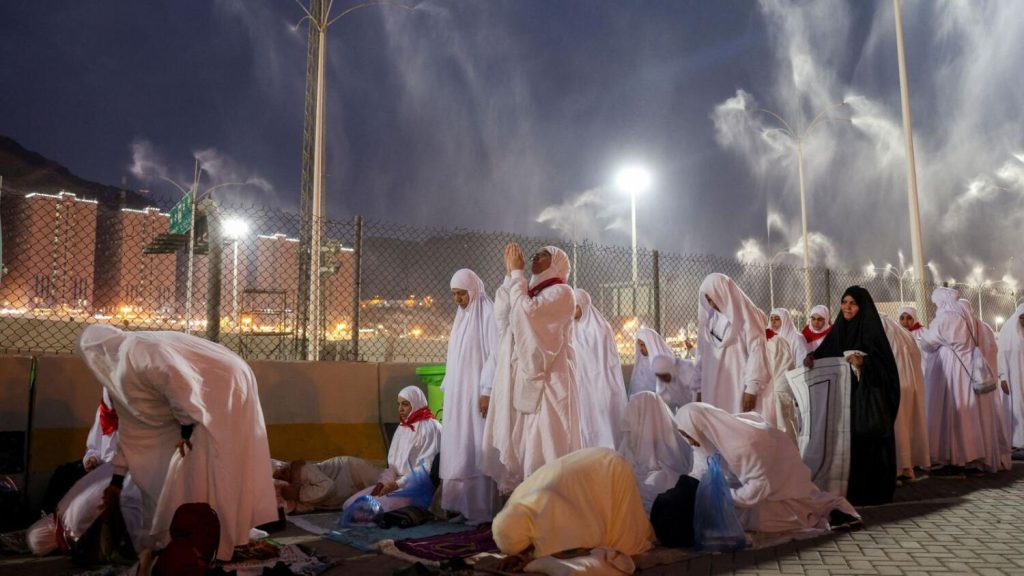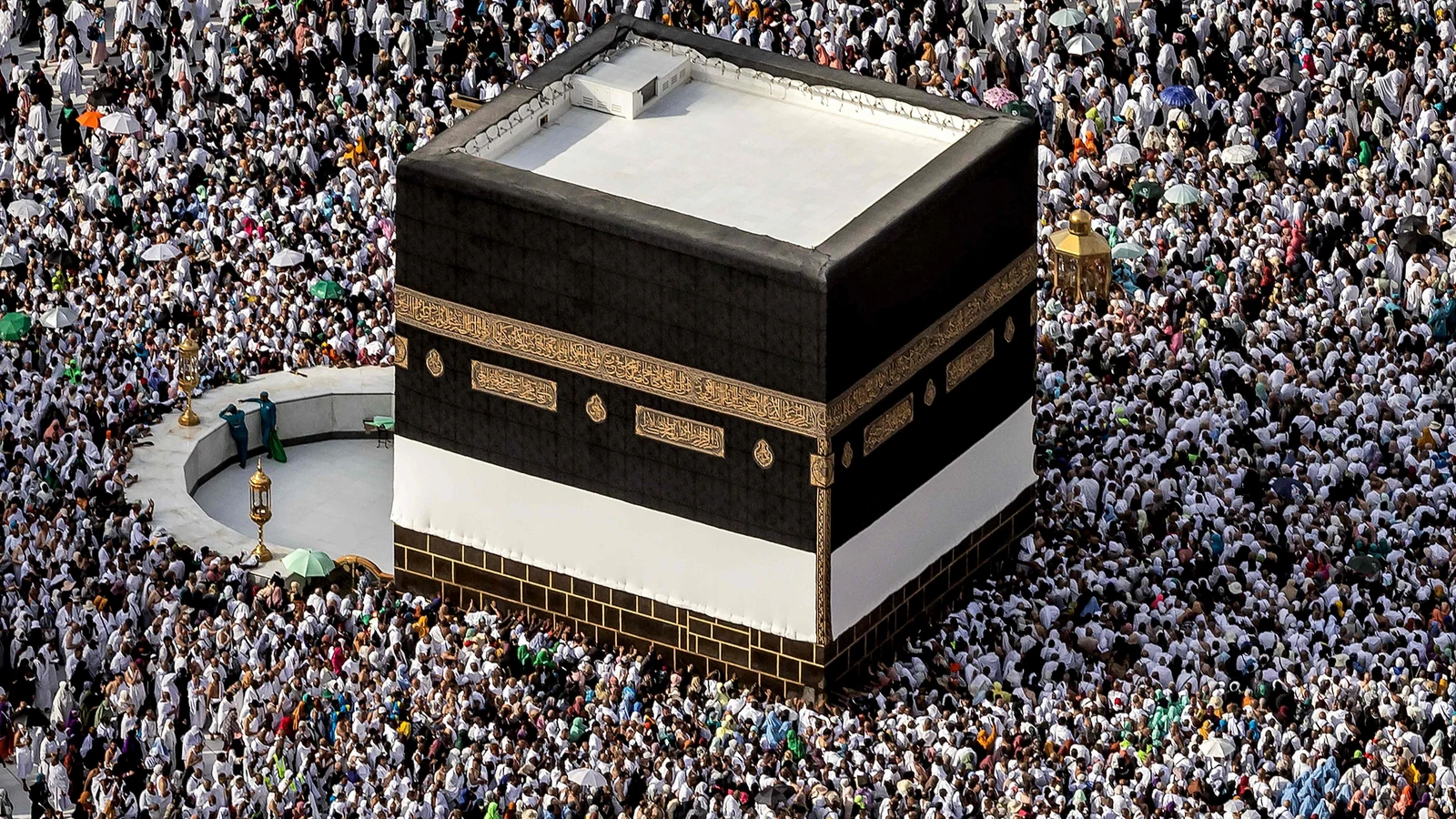On Tuesday August 27, Prime Minister Mostafa Madbouly revoked the licences of 36 Egyptian travel companies for illegally providing Egyptian Hajj (pilgrim) with a Saudi tourist visa, rather than the required Hajj permit.
In June of 2024, over 600 Egyptian pilgrims passed away during Hajj. They constituted a disproportionately large portion of the 1,300 pilgrims deceased in total. Most deaths were caused by heat exhaustion and heat strokes, as temperatures reached 51 celsius.
The Saudi authorities noted approximately 83% of the deceased travelled without the required Hajj permit. Pilgrims without the permit were denied access to essential services such as air-conditioned tents, transportation, misting centres, and water provided by officials.
Egypt’s Response
Following the high mortality rate, President Abdel Fattah Al-Sisi formed a task force to investigate companies suspected of illegally providing pilgrims with tourist visas. The task force was headed by PM Madbouly.
Last June, PM Madbouly revoked licences of another 16 travel companies who illegally distributed tourist visas. The managers of these companies were also prosecuted for fraud.
This practice is prohibited under Article 21 of the Egyptian Hajj regulation Law, which decrees a fine of EGP 1 to 3 million for entities who violate the law (approximately USD 21,000 to USD 62,00).
The Insurmountable Costs of Hajj

Hajj has become increasingly inaccessible to Egyptian pilgrims following devaluations of the Egyptian pound. The BBC estimates the costs of a typical Hajj pilgrimage to average USD 6,000, or approximately EGP 600,000. To escape this impossible price tag many Egyptian pilgrims resorted to companies providing tourist visas instead.
Sayyed, the son of an Egyptian pilgrim who travelled without the Hajj permit due to the cost, told the BBC that his mother “had (access to) none of these facilities” and noted she was “totally abandoned”.
Human Rights Watch argues that Saudi authorities also “have an obligation to protect people’s health from known hazards like extreme heat, which the climate crisis is only making more frequent and intense.
Saudi authorities claimed that they did provide many services to pilgrims without authorisation, but cited that the number of unauthorised pilgrims entering was difficult to sustain. Moreover, they noted that Hajj is not mandatory in Islam for those who lack the financial means.







Comments (0)